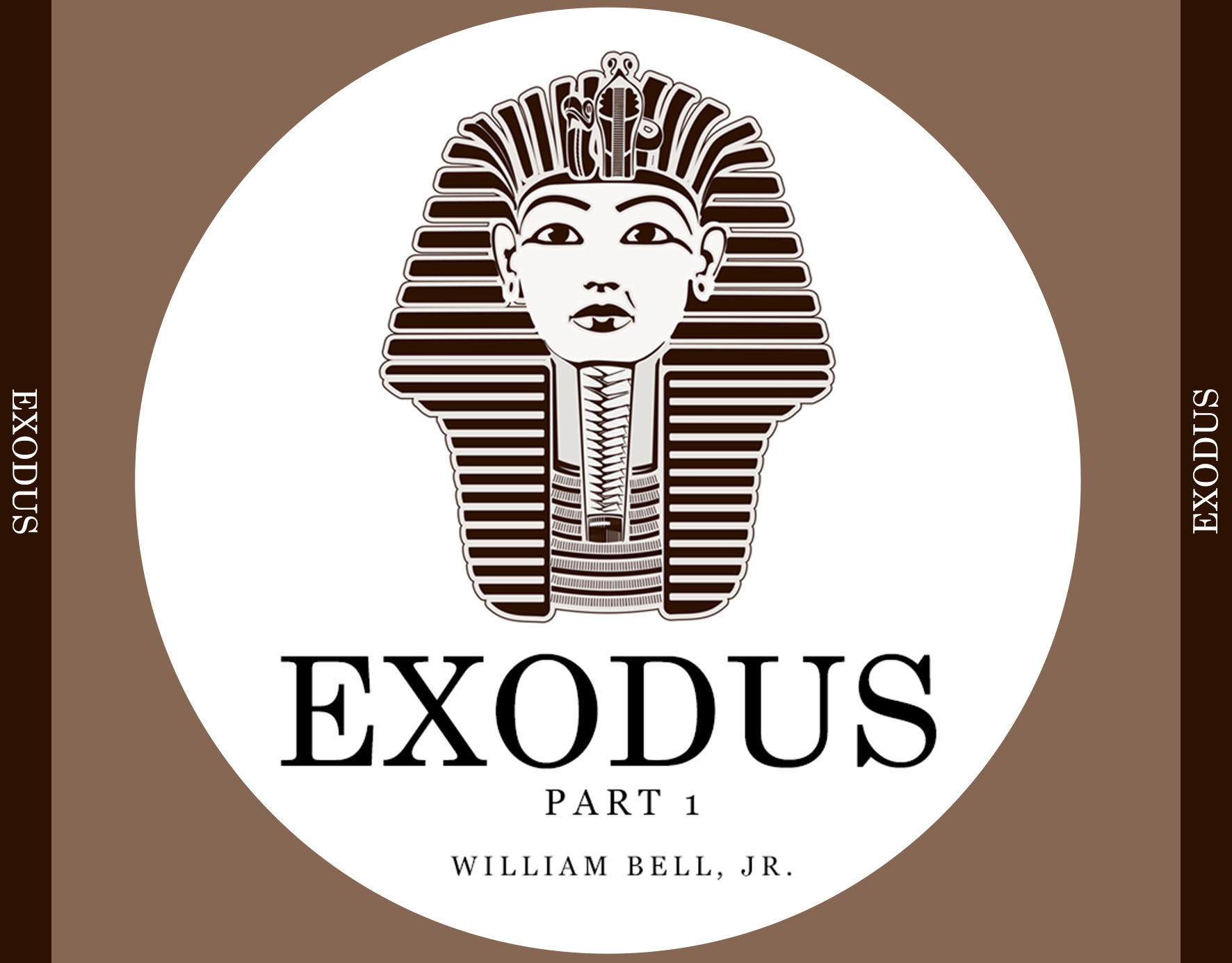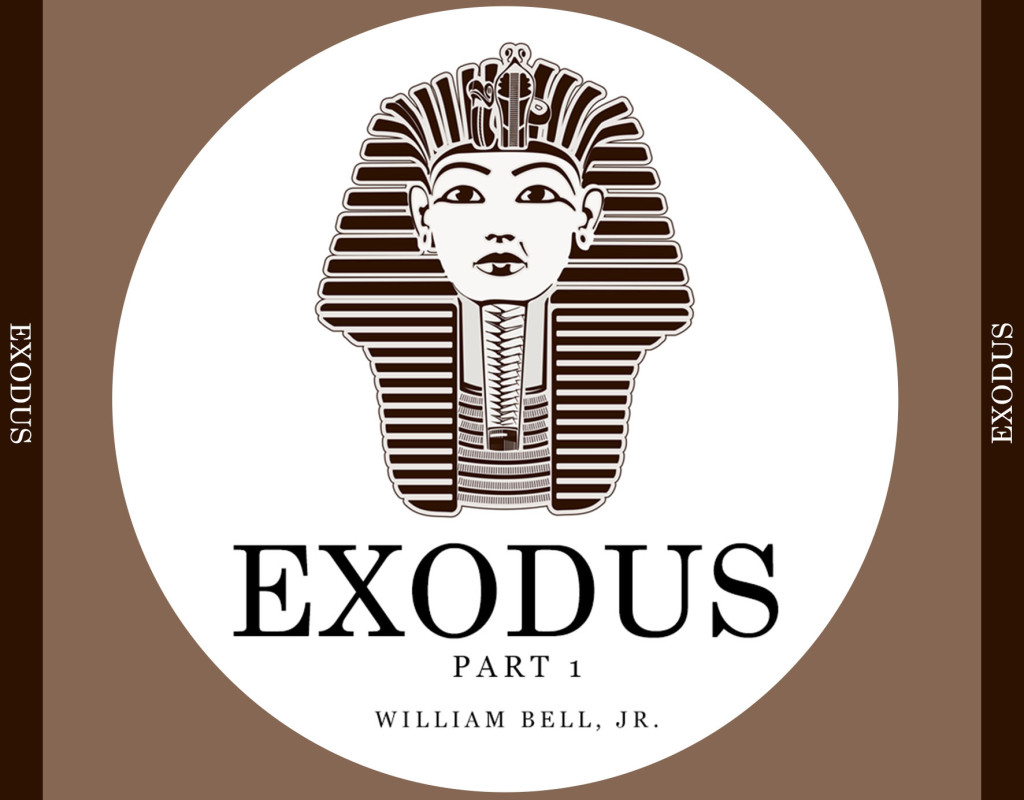Let us know if this is helping at all to keep you posted on what’s going on. Visit the page on Facebook and like it. Leave some comments as well. We appreciate those of you who already have done so. https://www.facebook.com/FulfilledRadio
Here is the link to listen to this episode of: Two Guys and A Bible: on demand! Listen in now at http://tobtr.com/s/4470541 . Also if you have not yet listened to Don’s series on Life after Death, you would do well to follow it. Subscribe to the video studies and have them delivered directly to your inbox at : Life-After-Death.
Hebrews Chapter 3:5 Describes the Transition Period of Moses and the Exodus
There is a direct contrast and typological comparison between Moses and Jesus. Moses was a testimony in his house as a servant, where as Christ is a Son over his own house. Moses testified of things that would come afterward. The central aspect of Moses life was the Exodus and his life was a testimony of things that would happen afterward.
This demonstrates that Moses’ life was typological of a second Exodus.
40 Years Is A Generation Called The Day In Hebrews 3:7-8,15
We pose the question to those who deny that the first Exodus was typological? Was the first Exodus typological of the second Exodus? Those who deny the transitional period of time deny that a first Exodus pointed to a second Exodus.
What of the prophecies in the Old Testament? Particularly, Isaiah chapter 11 is a Messianic chapter which foretold the coming of the branch, that would come out of the root of Jesse.
In that Day the Lord Would Set His Hand A Second Time To Restore the Remnant of Egypt -Isaiah 11
This is an emphatic prediction of the second exodus. It’s in the day which corresponds to the time of the New Heaven and New earth, per Isaiah 65. The day in which the ensign would be fully raised, when the calf and the lion would lie down together and when they would not hurt nor destroy in all of God’s holy mountain.
Isaiah 43, Is Very Significant in the Discussion of the Second Exodus
God calls upon Israel and says to them “You are mine” , when you pass through the waters….” This is when God gives Egypt as their ransom. God would make a way through the sea, and a path through the mighty waters, which brings for the chariot and horse, The army and the power (They shall lie down together, they shall not rise; They are extinguished, they are quenched like a wick).
Israel is, at the time of the second Exodus, to be placed under the “band”, (NASV, curse and reproach). The question of the transitional period is directly related to the salvation of the remnant. If there is not a transitional period, there is not a type.
Would it not be fair to ask, at what point of time were the remnant saved in the Exodus? The remnant only entered in after the 40 year wilderness wandering. This is a critical point in understanding the time of Israel’s salvation from bondage.
Again, was the first Exodus typological of the second Exodus?
Everywhere we turn, we are given this direct allusion to the second Exodus. It would be illogical and wrong to say that the salvation of the remnant did not occur over a 40 year period of time from bondage to freedom.
Israel’s deliverance as the remnant in the antitype is also a type of salvation. If the promised land is salvation, then it implies Israel received her promised land on the very night she left Egypt. Who would believe such to be true? How could it be justified from scripture? Everyone familiar with that history knows that it is not true to teach such.
But the antitype is just the same. Paul used the first Exodus to say expressly that those living in the end of the age (his day and time) were antitypes of those in the wilderness. He says “they” were types of “us” (1st century) saints.
Ok, well, that’s all I had time to capture from this broadcast. Let’s take a vote. Should Don type while I talk?
At any rate, be sure to check out his life after death series by going to http://donkpreston.com/life-after-death. Share this with friends and family. Cheers.

